
China cracks down on food live-streaming with strict new regulations
In a world-first move, China has introduced specific regulations to govern live-streamers and related companies dealing in food products
News & Analysis on Food & Beverage Development & Technology

In a world-first move, China has introduced specific regulations to govern live-streamers and related companies dealing in food products

South Korea has upgraded its contactless retail and egg safety systems, with an eye on curbing food poisoning and strengthening e-commerce oversight
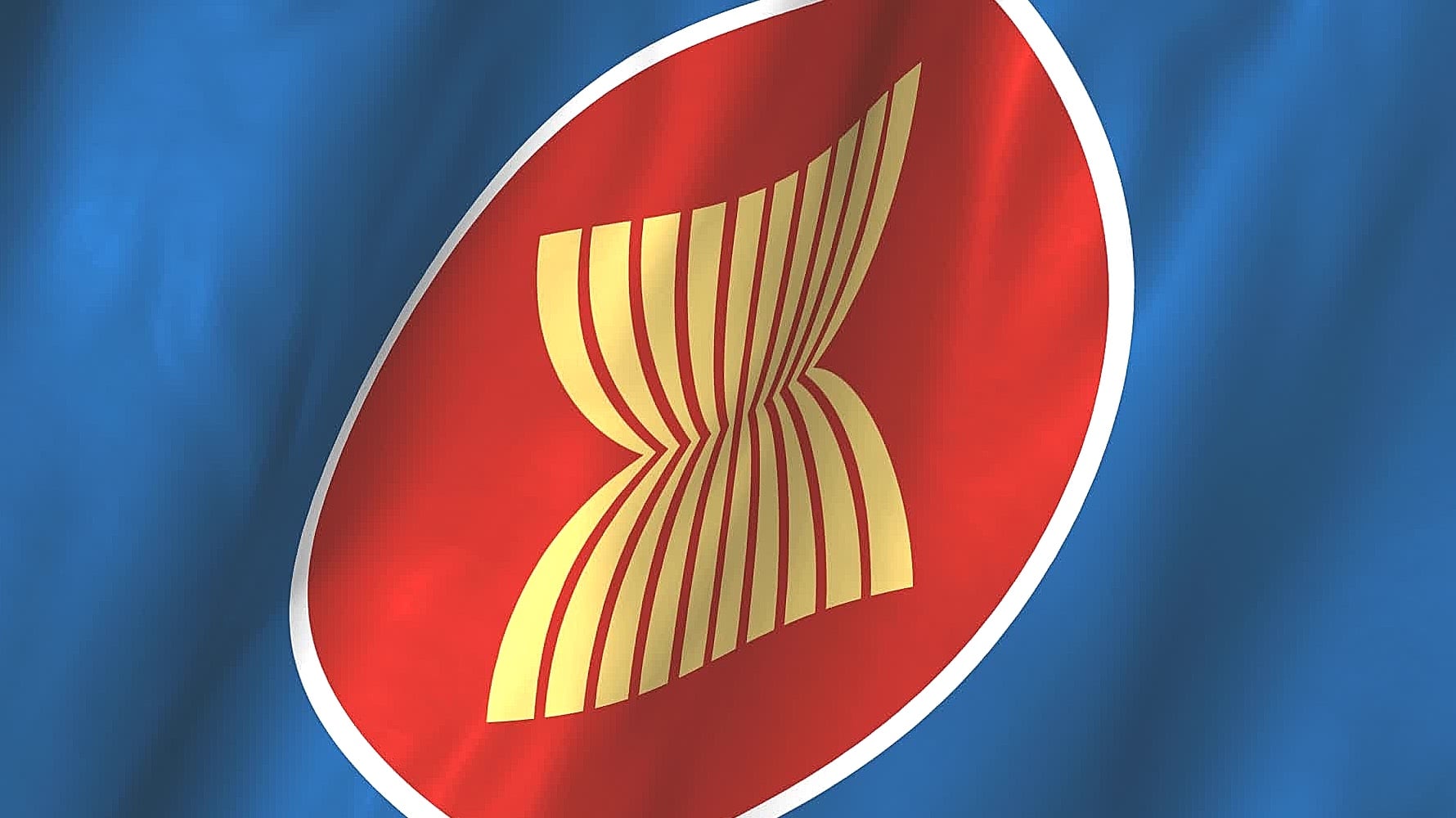
We reveal the top 10 ASEAN food and beverage stories of 2025, spanning trade and regulatory developments, supply chain challenges and emerging innovation across the region

Here are our top 10 sustainability stories of 2025, spanning corporate strategy, upcycling innovation and the practical challenges facing the food and beverage industry

India’s new alcohol regulations include mandatory labelling and expanded category definitions, signalling greater consumer transparency and flexibility for producers
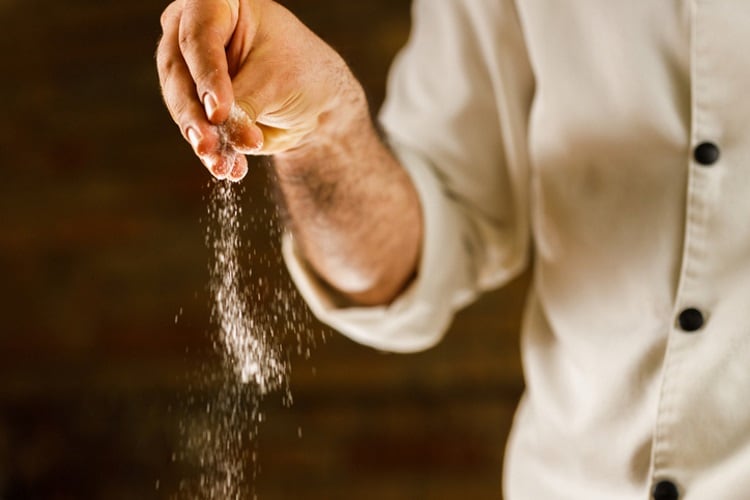
Governments may be returning to salt reduction targets, but manufacturers say the era of easy reformulation wins is long over
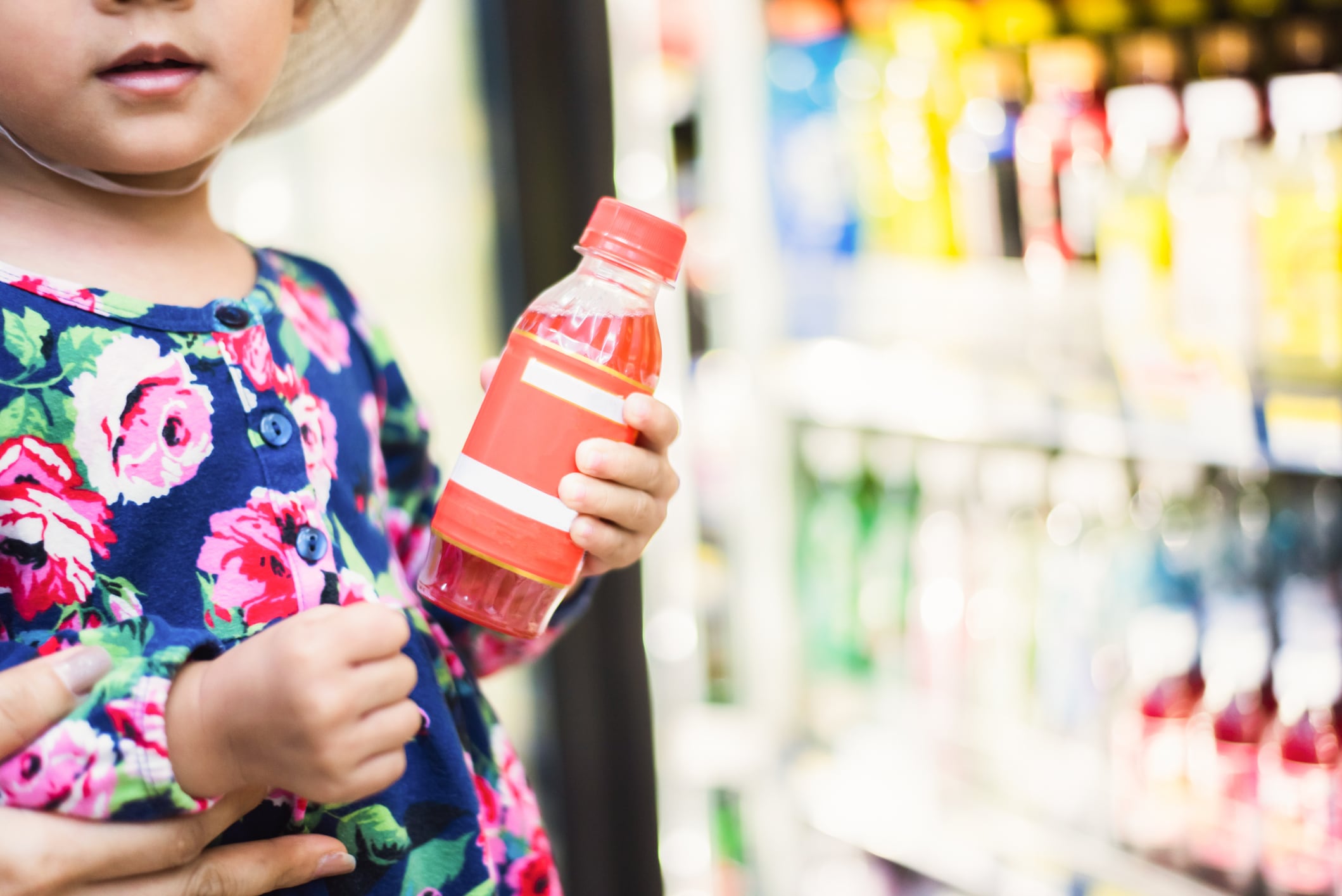
As obesity rates climb, experts focus on packaging as a strong influence on children’s choices – both as a risk factor and a tool to promote healthier diets
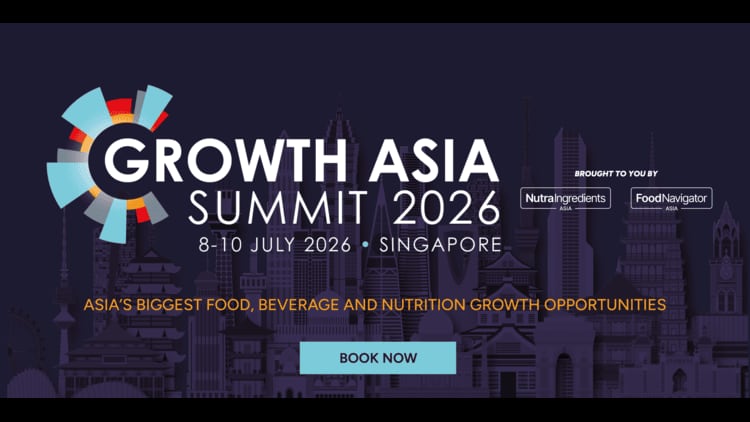
Calbee, NielsenIQ and PepsiCo are some of the biggest names giving keynote presentations at this year’s Growth Asia Summit.

From Modi’s anti-obesity campaign to regulatory news and start-up innovations, we feature the top 10 most-read India stories from the past year

From Indonesia’s all-out halal regulations to sodium policies spurring rapid reformulation and taxation changes affecting food company strategies, these are five regulatory and policy updates that are expected to have a major impact on the F&B sector in 2026
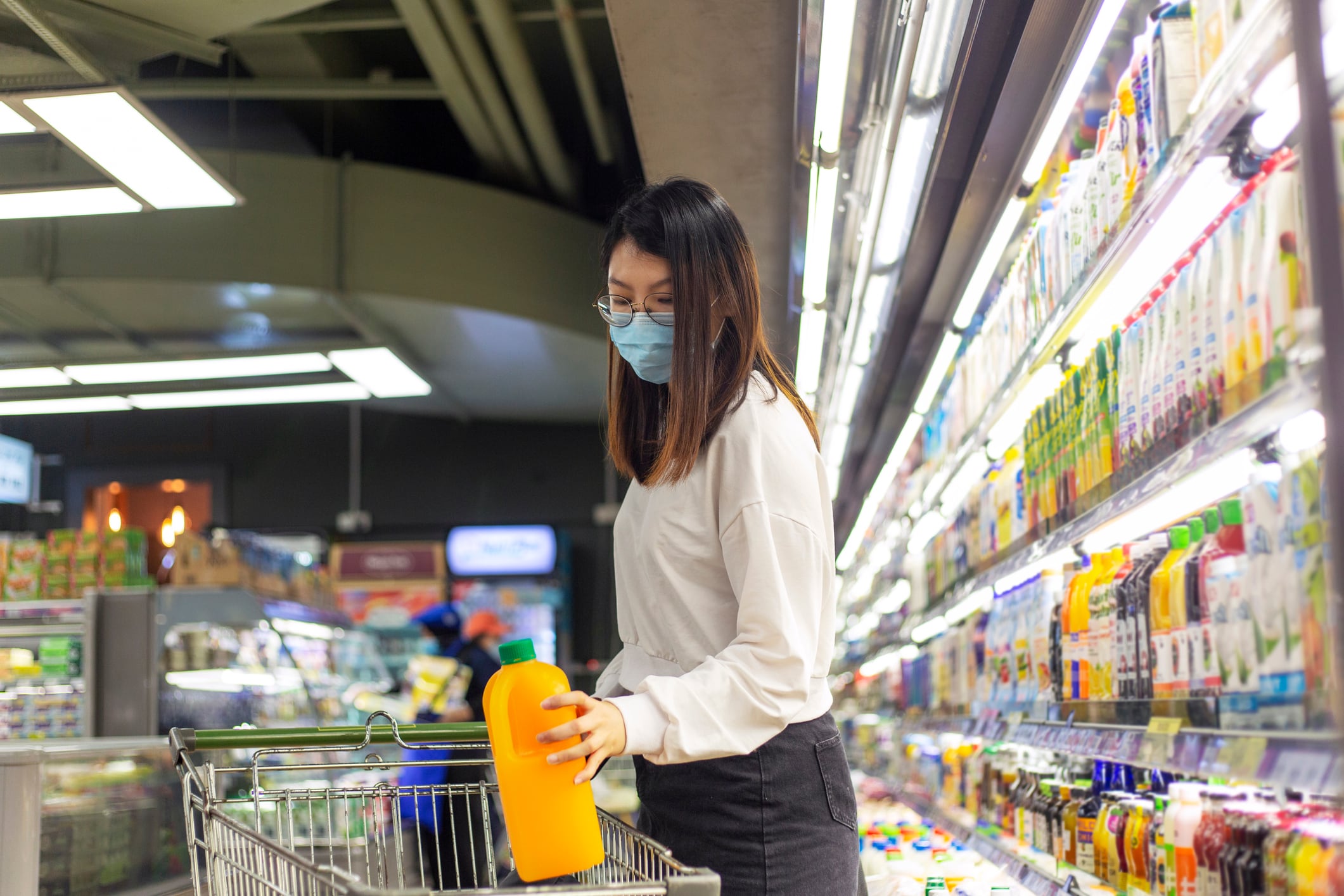
Here are our top 10 packaging stories featuring thermal strips on wine bottles, regulatory updates, sustainability challenges, and more

China tariffs, 2025 top regulatory news and more feature in this edition of Policy Picks
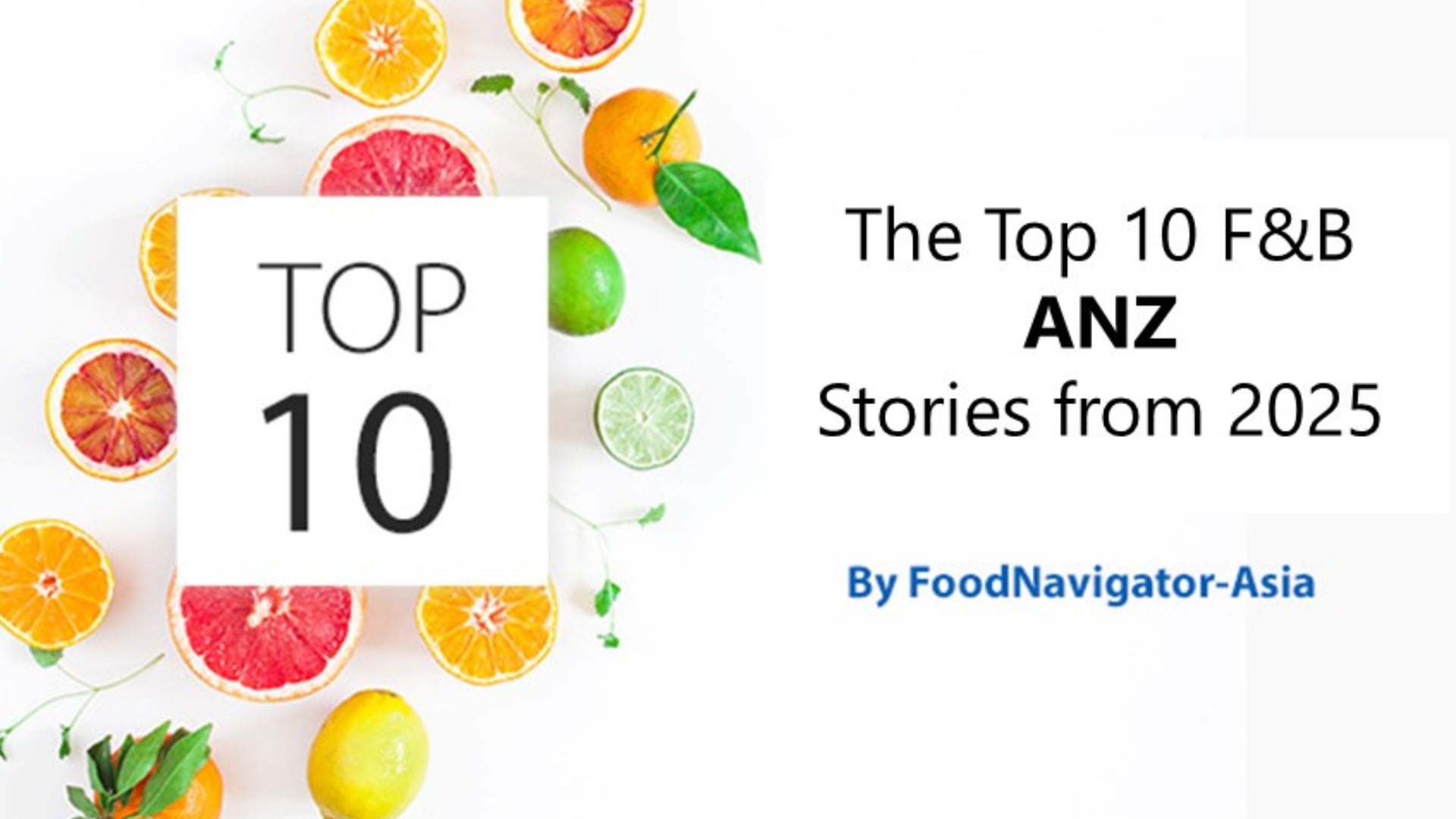
Here are our top 10 ANZ stories this year, with a spotlight on healthier and sustainable innovations, alternative proteins, regulatory updates, and more
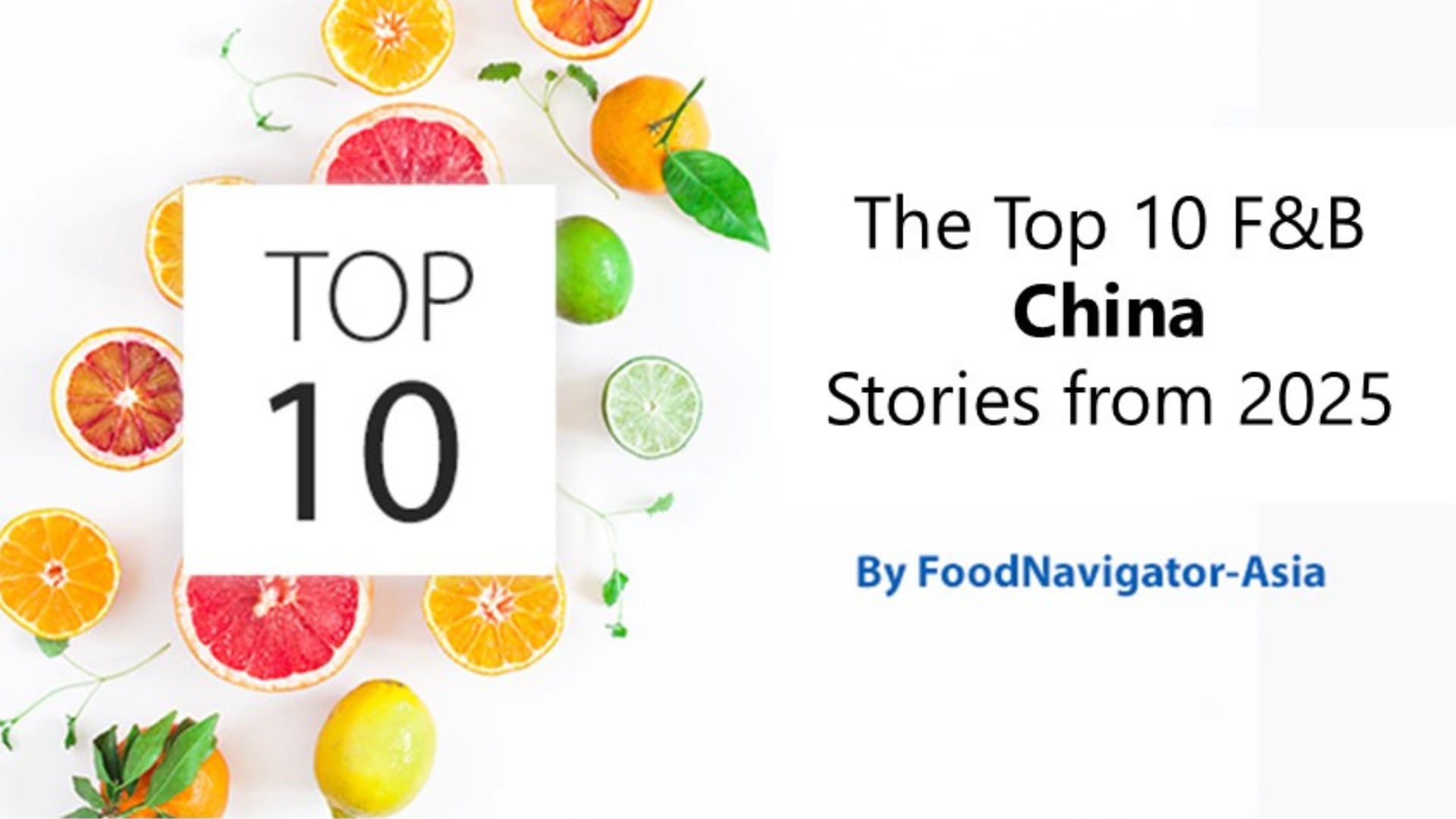
We highlight our top 10 most-read China stories from 2025, covering policy shifts, product innovation, and changing consumer demands
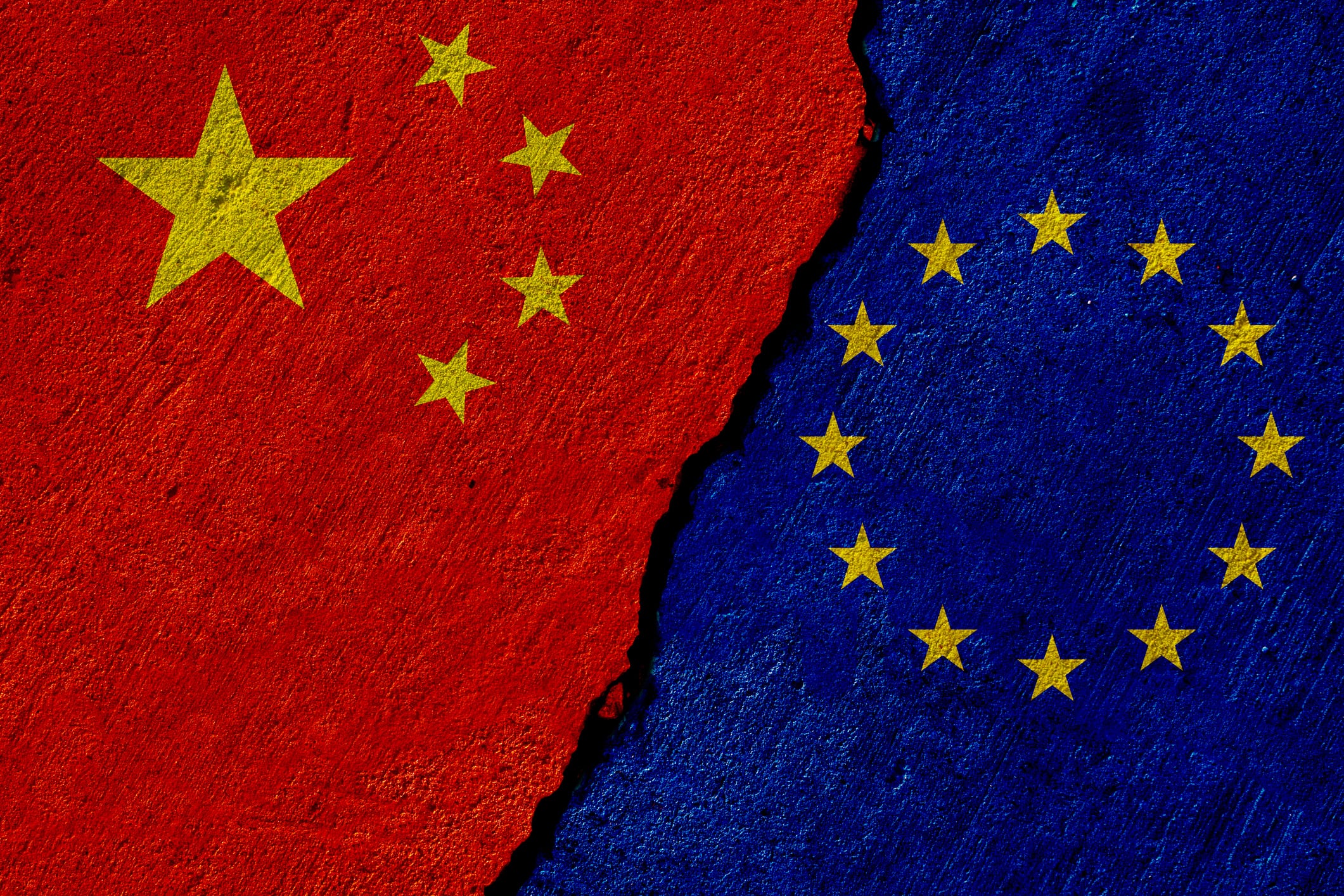
EU dairy exporters face new border duties as China seeks to shield its domestic industry amid oversupply and falling prices
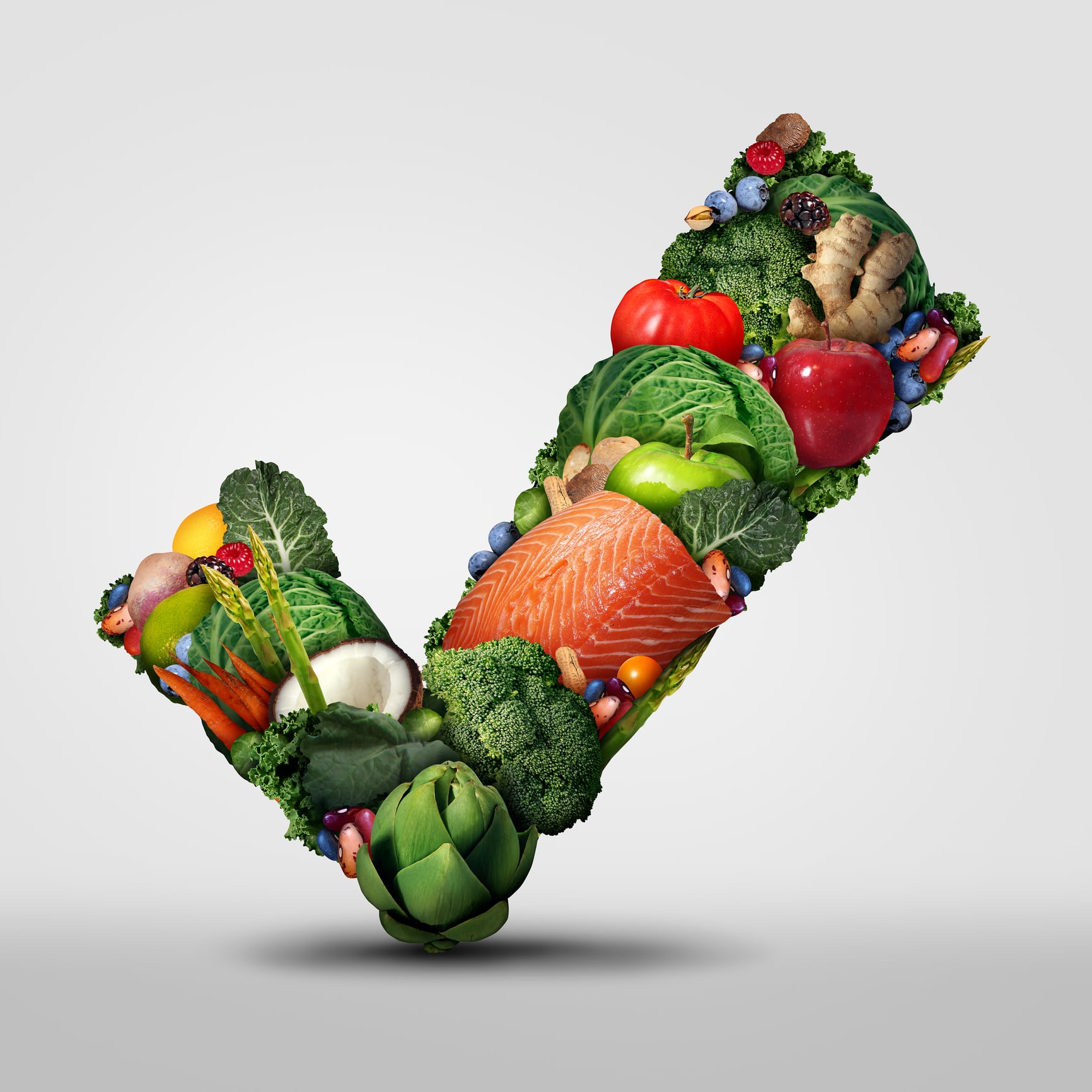
Vietnam plans to update dairy and alcohol regulations in line with ongoing national goals to improve local food safety compliance and public health
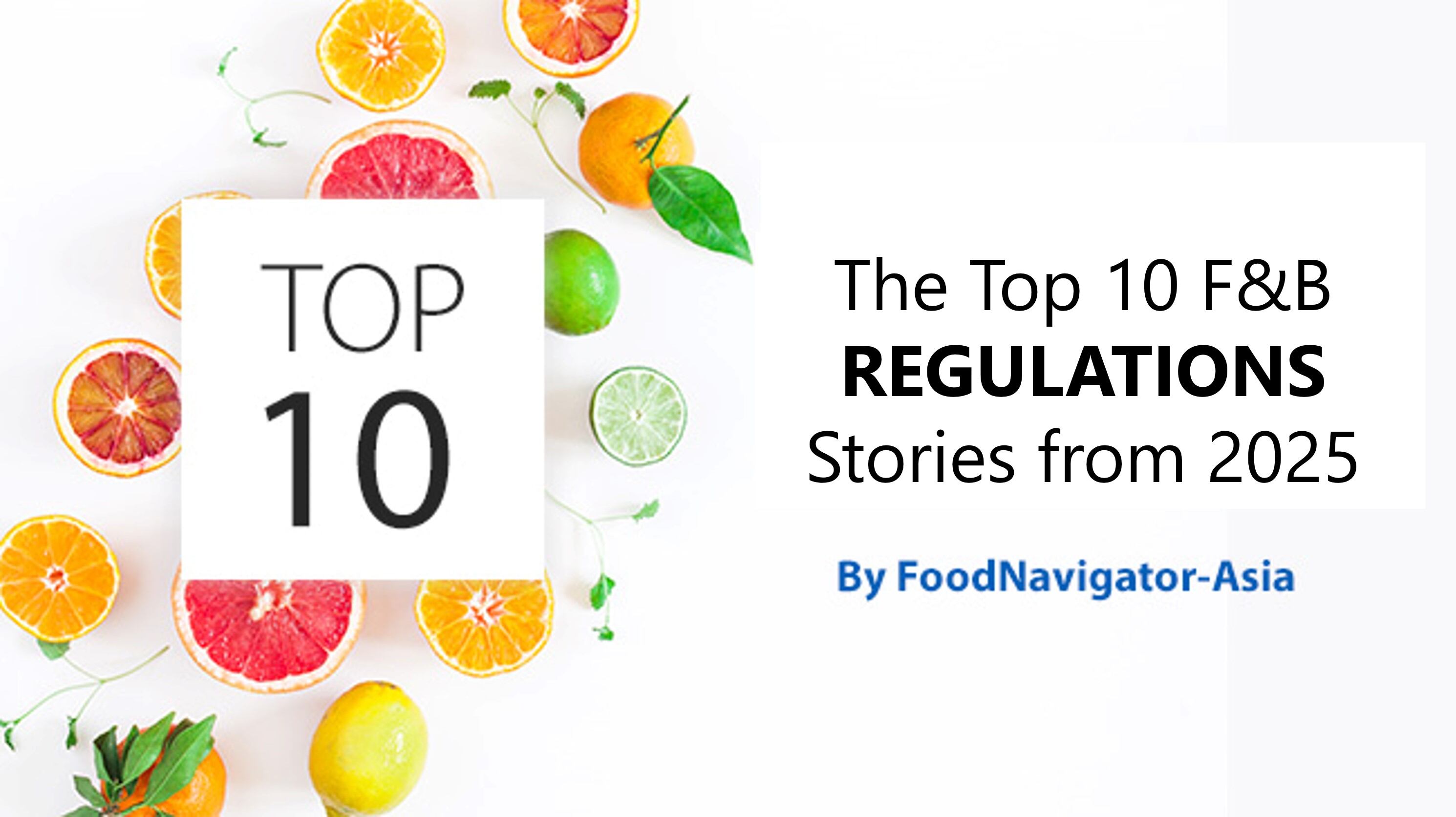
We reveal the top 10 regulation and policy stories from the food and beverage industry in 2025, including Singapore Nutri-Grade, Australia supermarket report, Japan Basic Food Plan and more
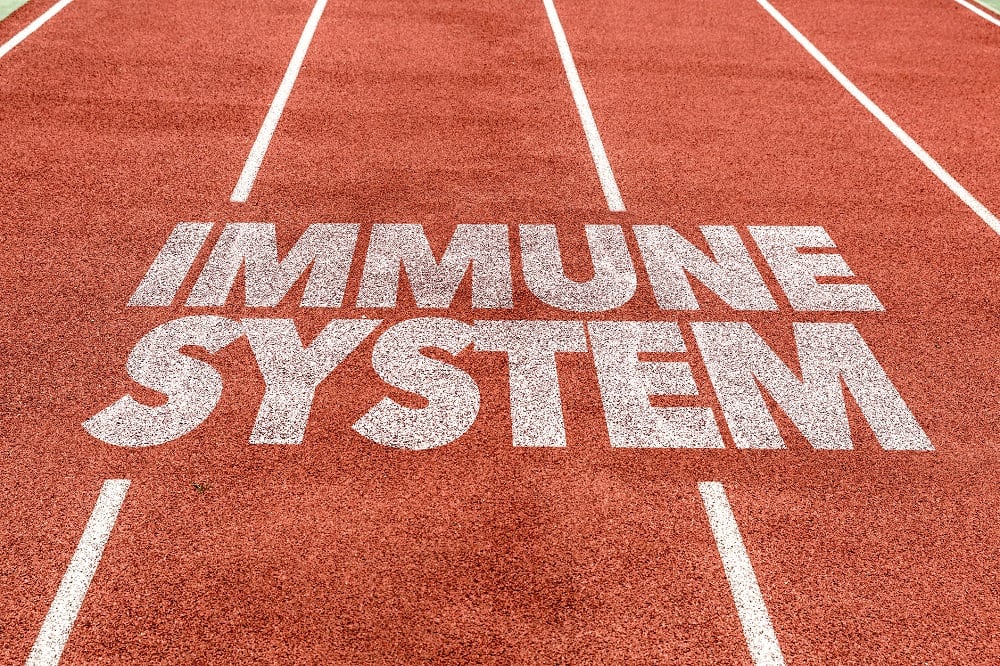
A record number of 71 products making immune health claims were notified under Japan’s Foods with Function Claims (FFC) between April 2024 and March 2025.
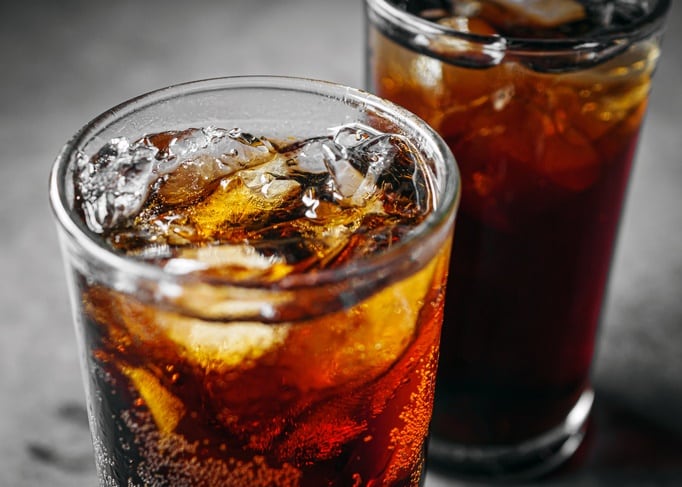
Over 80% of China’s schoolchildren are still choosing sweet drinks, sparking calls for tougher control measures
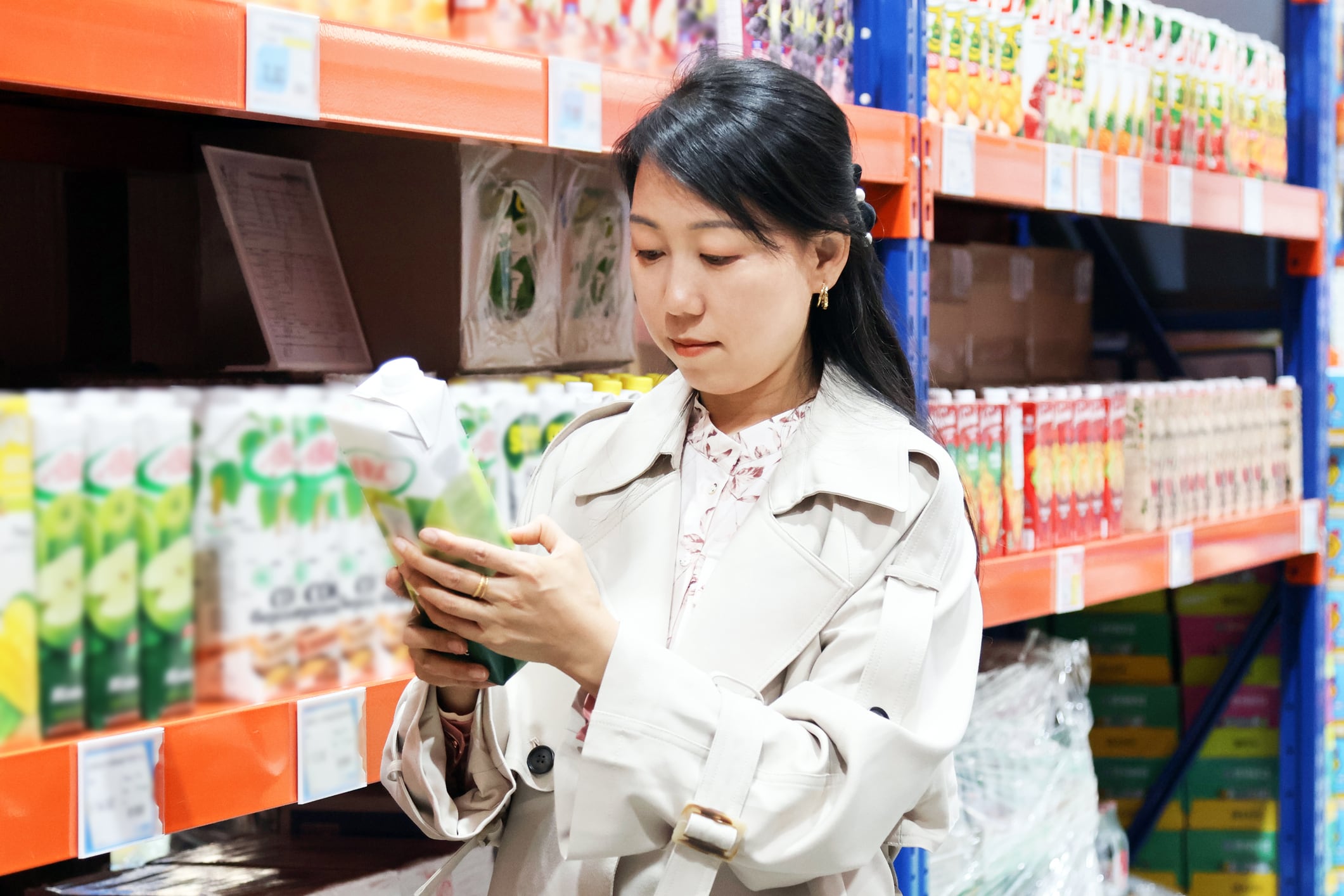
Chinese regulators have published new guidance documents to guide food firms through new nutritional label regulatory updates, in hopes of boosting compliance

Fi Asia 2025
Indonesia aims to simplify halal certification for food SMEs, boosting global competitiveness and ensuring inclusive access for small businesses

Malaysia’s latest trade deal with the United States could have significant impacts for the food sector – but not so soon, and not all will benefit
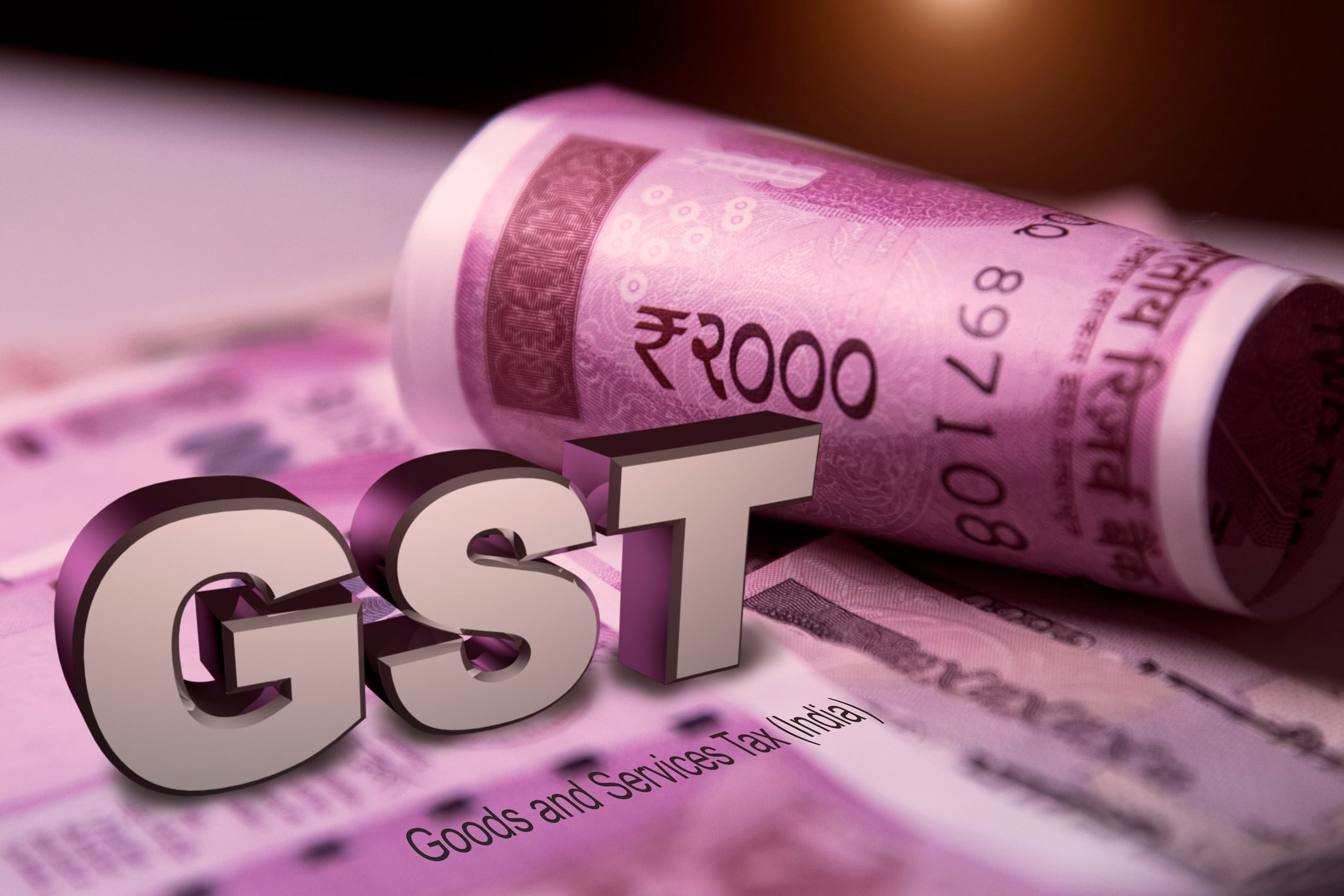
Hindustan Unilever India (HUL) is optimistic that the government’s recent tax reforms will help drive growth in the long-run, offsetting current impacts on sales

Salt taxes, China organic standards, FSSAI and more feature in this edition of Policy Picks
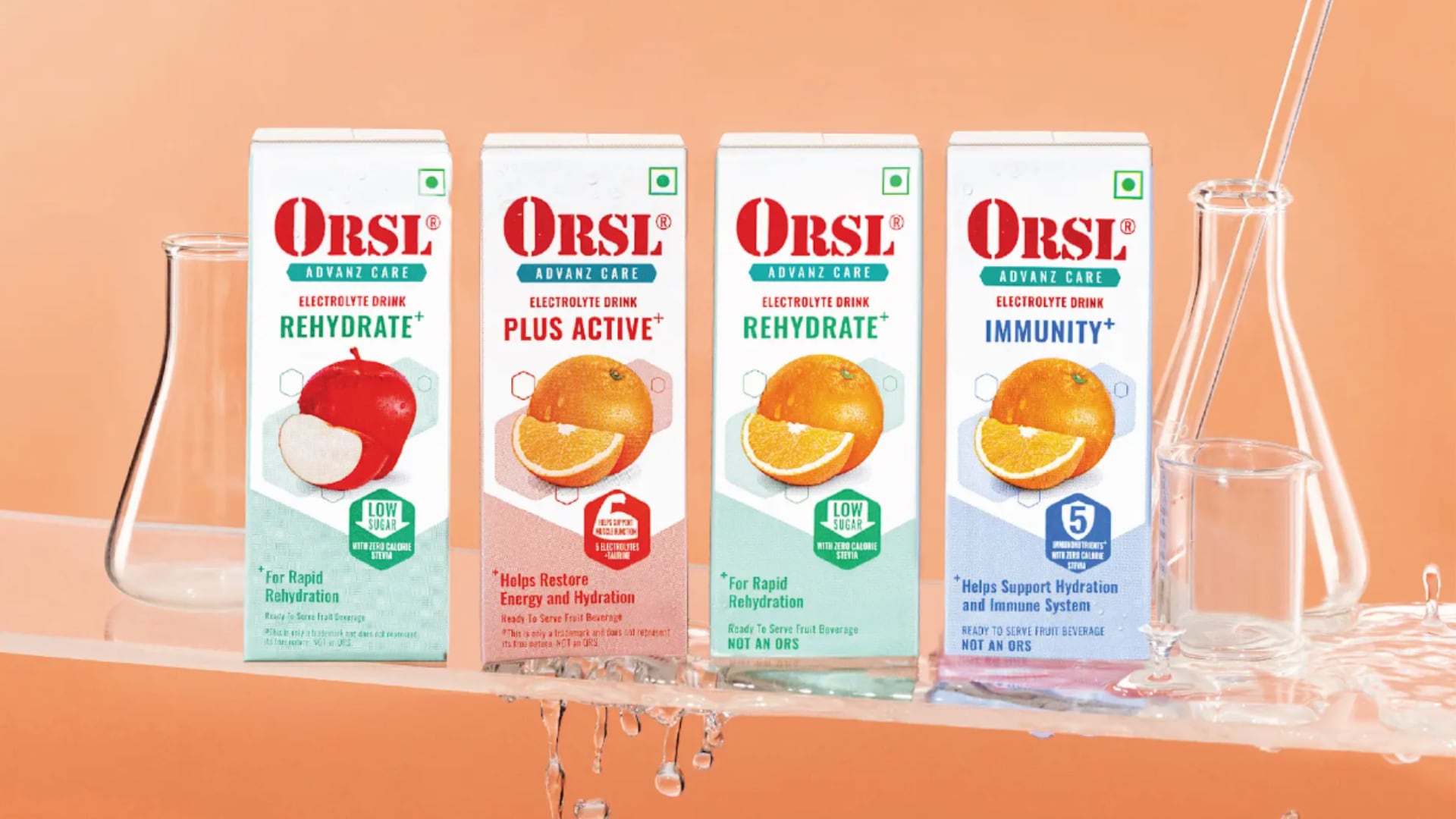
India’s latest labelling ban has been stayed by a New Delhi court, raising concerns over continued sales of high-sugar oral rehydration products

In a dramatic pivot, the EU’s anti-deforestation law looks like it will be pushed back for some, and reworked for all. Here’s a timeline to help with the whiplash
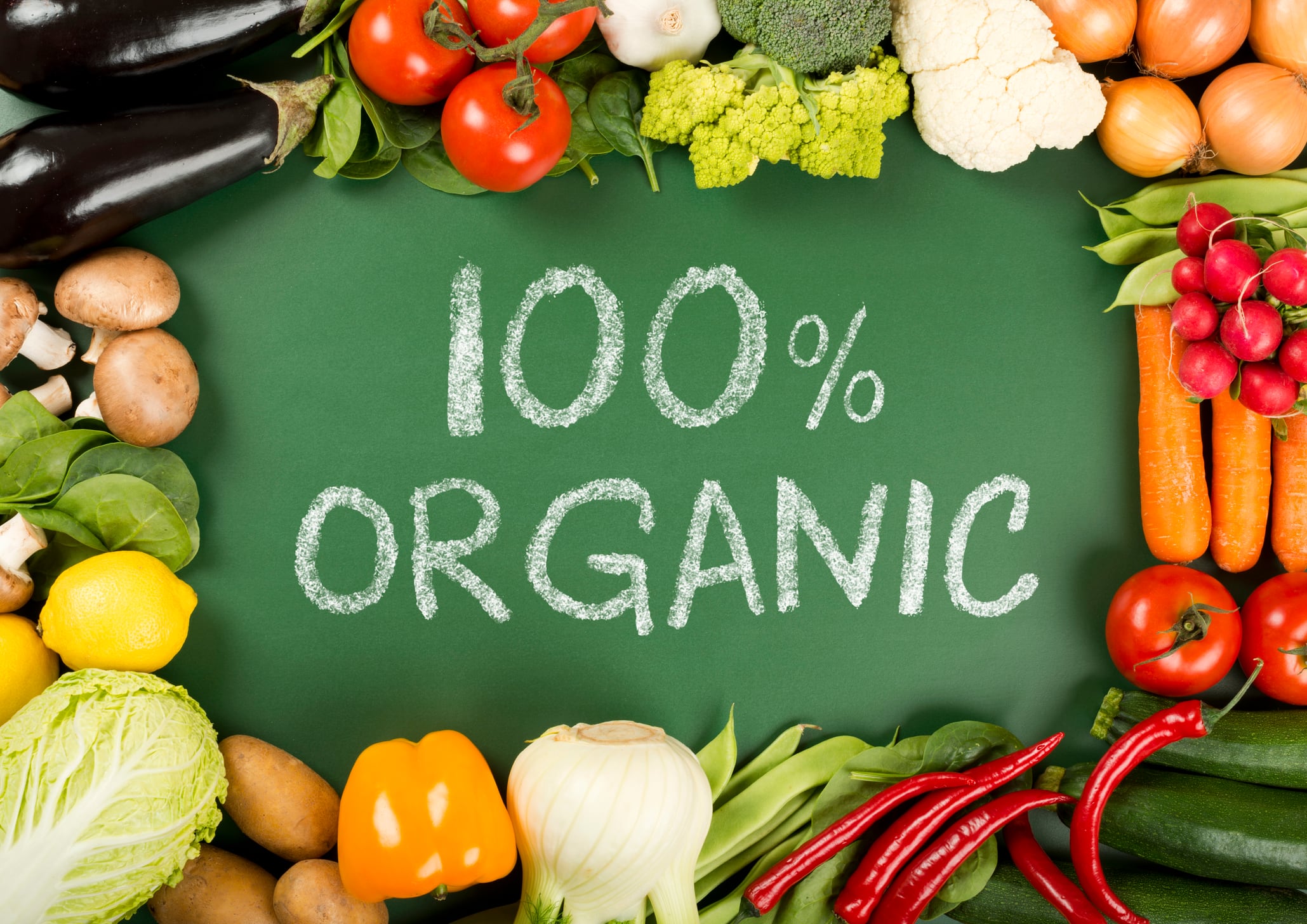
China has revised its organic food certification rules, strengthening requirements for products to obtain the Organic Product Certification Mark

India launches a new ‘Kind of Business’ (KoB) framework for Ayurveda Aahara as food trends lean towards traditional, personalised wellness

With salt taxes looming and nutri-grade schemes making their mark, more APAC food firms must reformulate to meet health and regulatory demands

The United Arab Emirates (UAE) will implement a tiered excise tax on sugar-sweetened beverages (SSBs) from January 2026
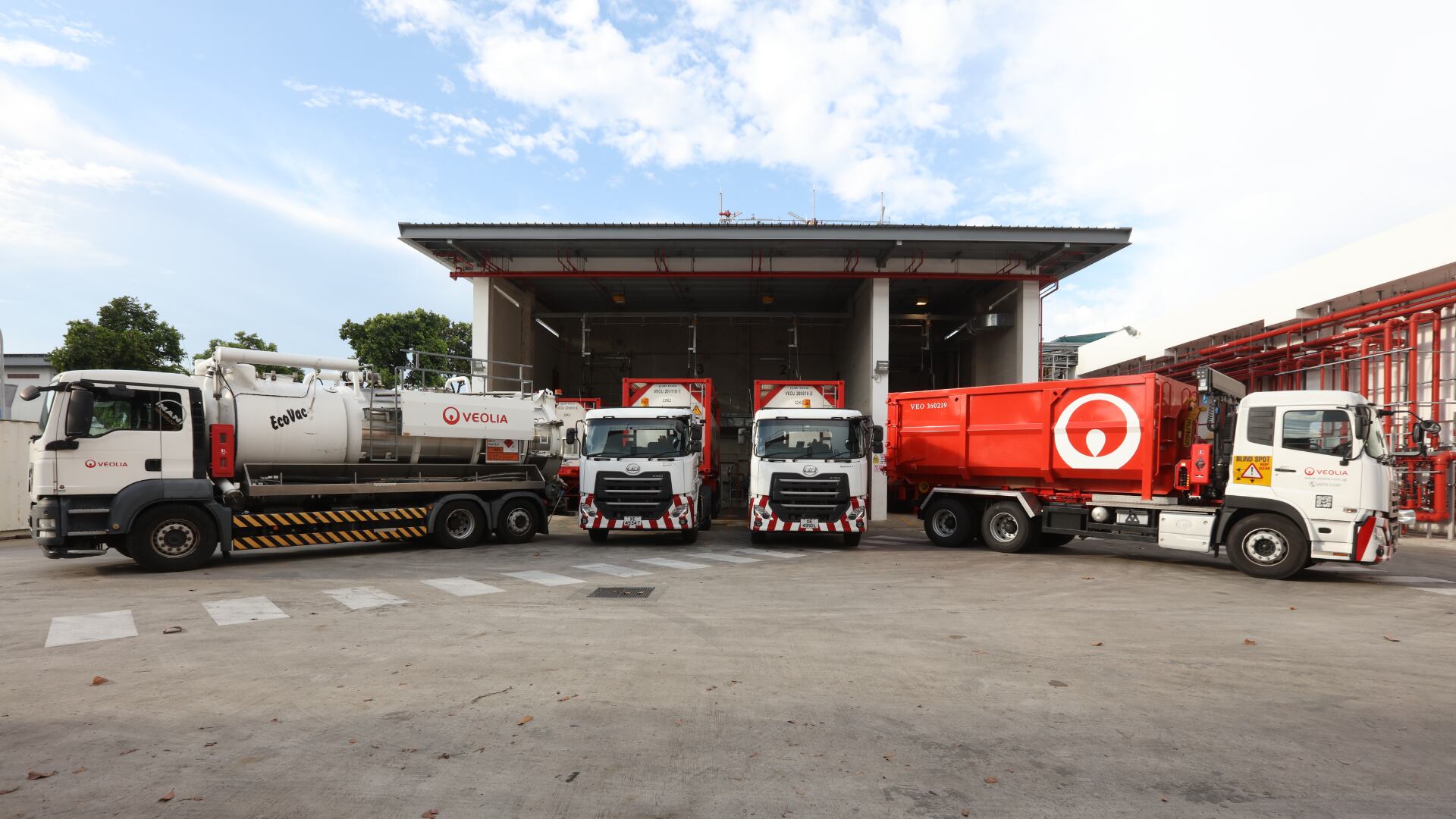
Proper waste disposal and renewable energy are key priorities for South East Asia, said the firm
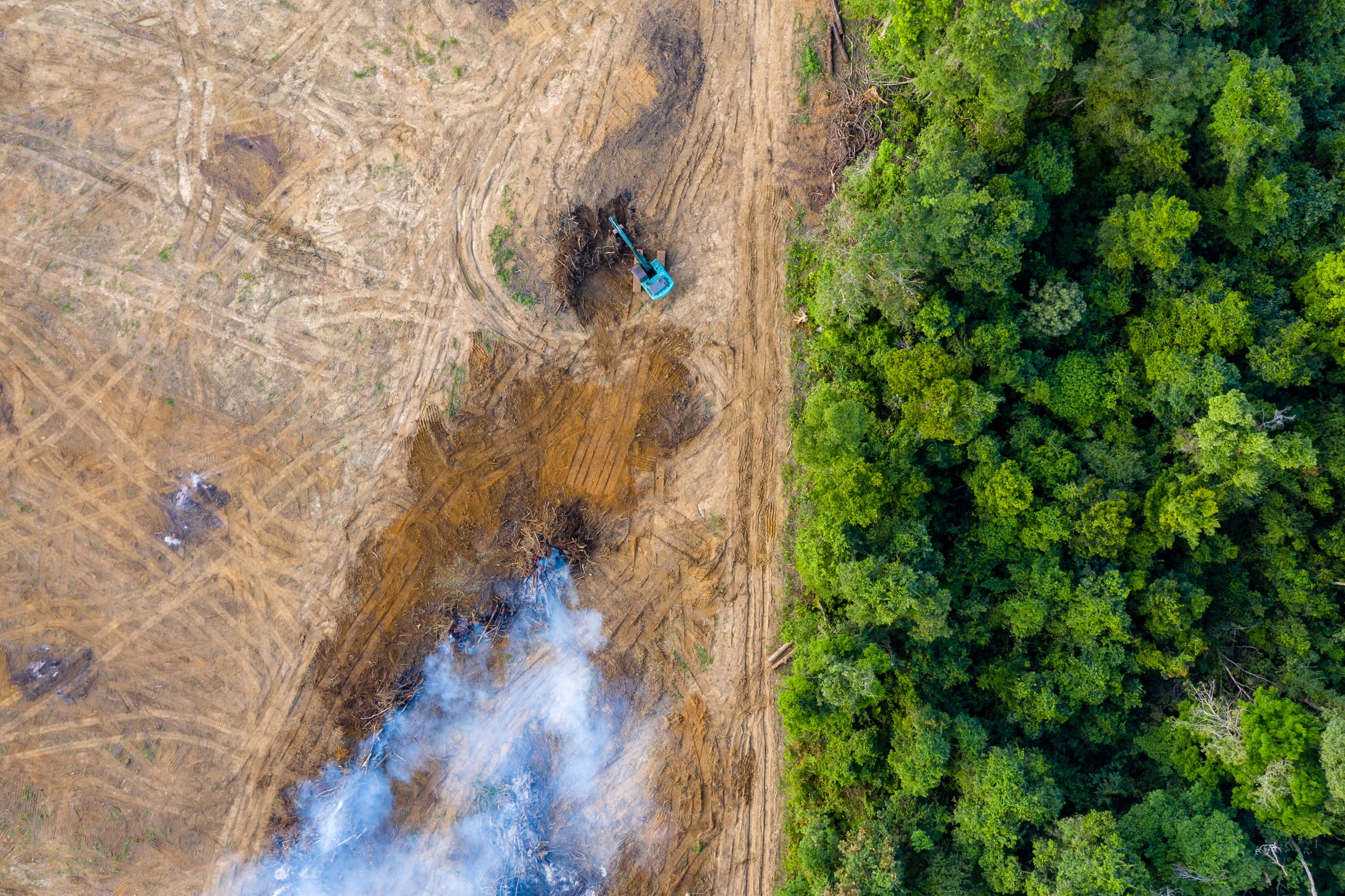
The Environment Commissioner hopes lawmakers will agree to postpone the deforestation regulation yet another year

South Korea is responding to fake food complaints with tighter controls, hoping to safeguard local food industry standards and export trust

本期聚焦嘉士伯马来西亚公司、印度电商新规等精彩内容。

3D food printing is moving rapidly into commercial applications, but scientists stress that the next breakthroughs will depend on advances in printability, adaptability, safety, and consumer trust
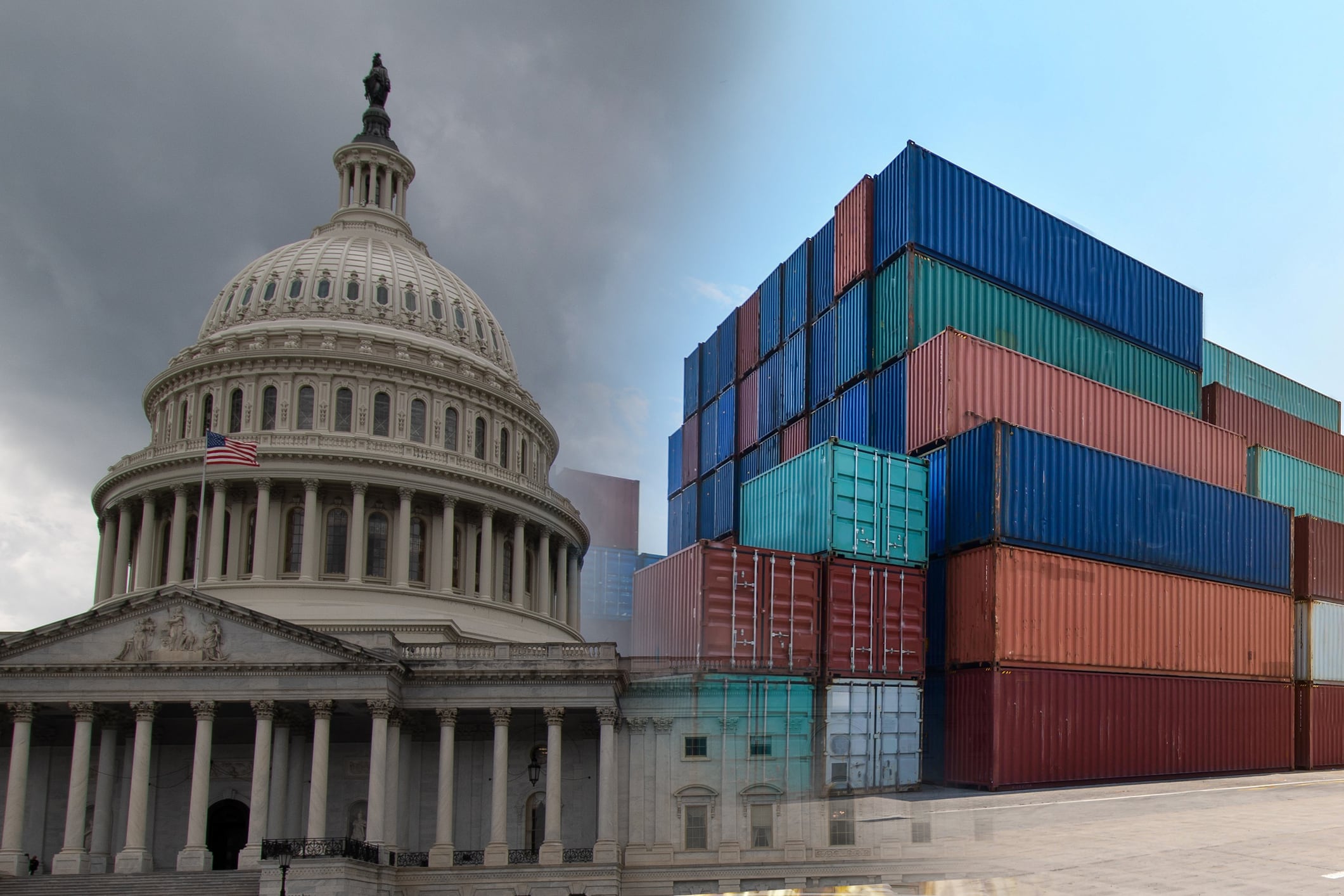
US continues negotiations with trade partners while awaiting Supreme Court to overturn blocked tariffs

Carlsberg Malaysia, India e-commerce and more feature in this edition of Policy Picks
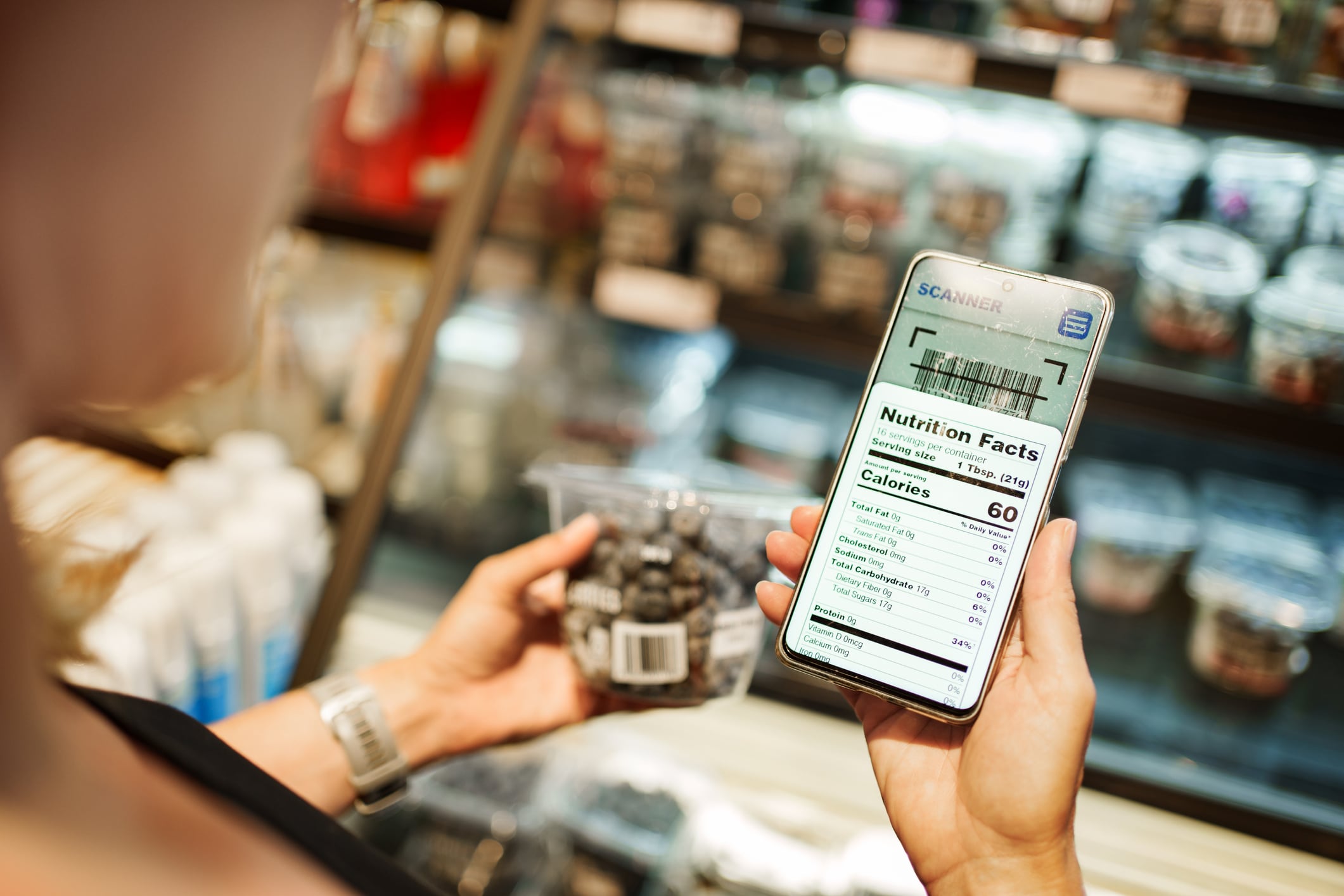
FSSAI signalled tighter scrutiny of food labelling and advertising to meet global standards after a multi-ministerial consultation
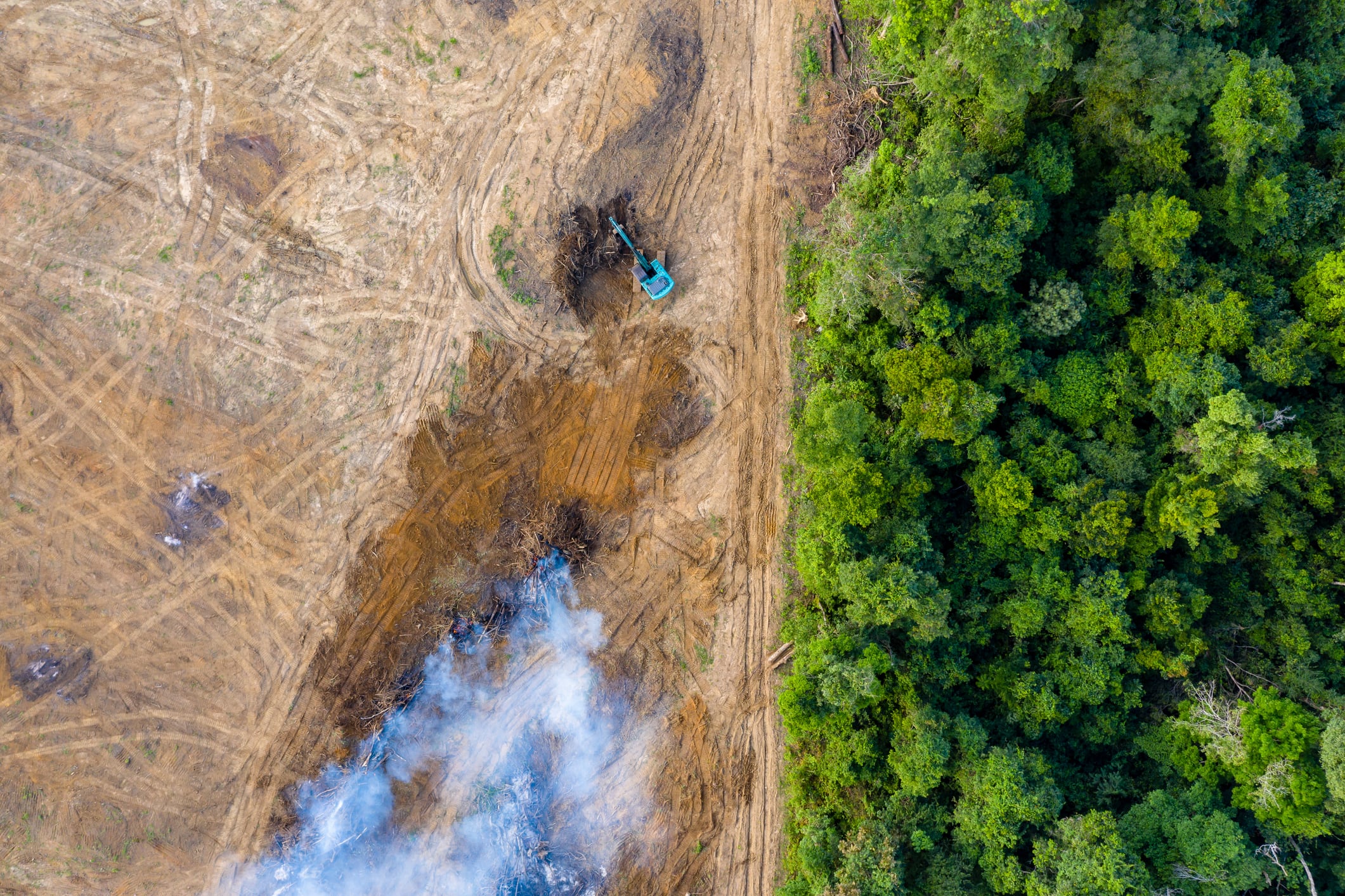

India announces stricter transparency and training mandates for e-commerce in a ‘bold but necessary’ move
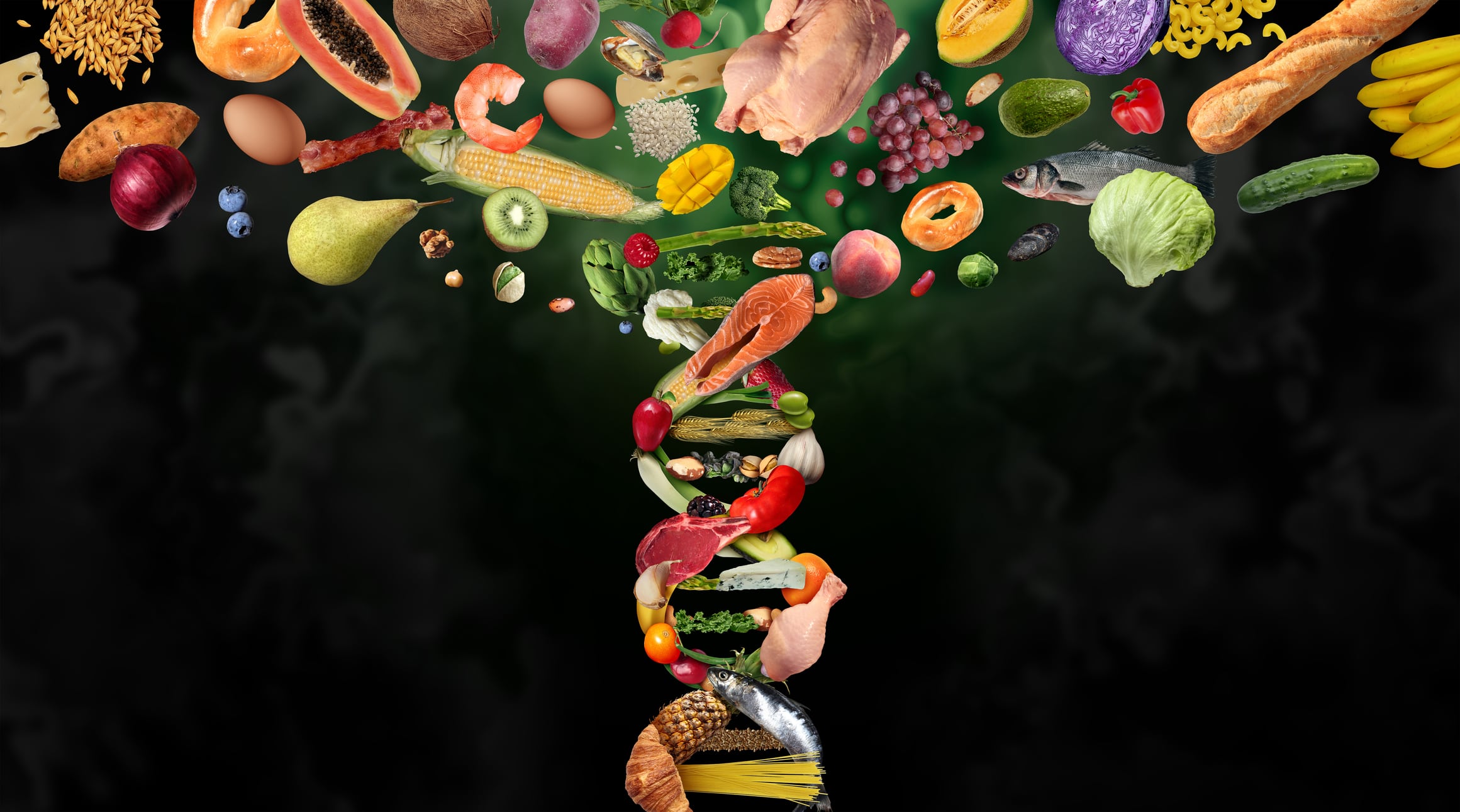
Food Standards Australia New Zealand (FSANZ) is moving forward with new GM food definitions that some say weaken the distinction between ‘natural’ and modified foods

Modi’s nationwide anti-obesity drive, the rise of better-for-you snacks, Zepto e-commerce scandal, and more feature in this round-up
The Asia-Pacific Agri-Food Innovation Summit returns to Singapore this November to bring focus on resilience, food security and investment across APAC’s rapidly evolving agri-food landscape.

Vietnam has announced new food safety updates at a global level, marking a new phase of growth to boost trade confidence and opportunities for local firms
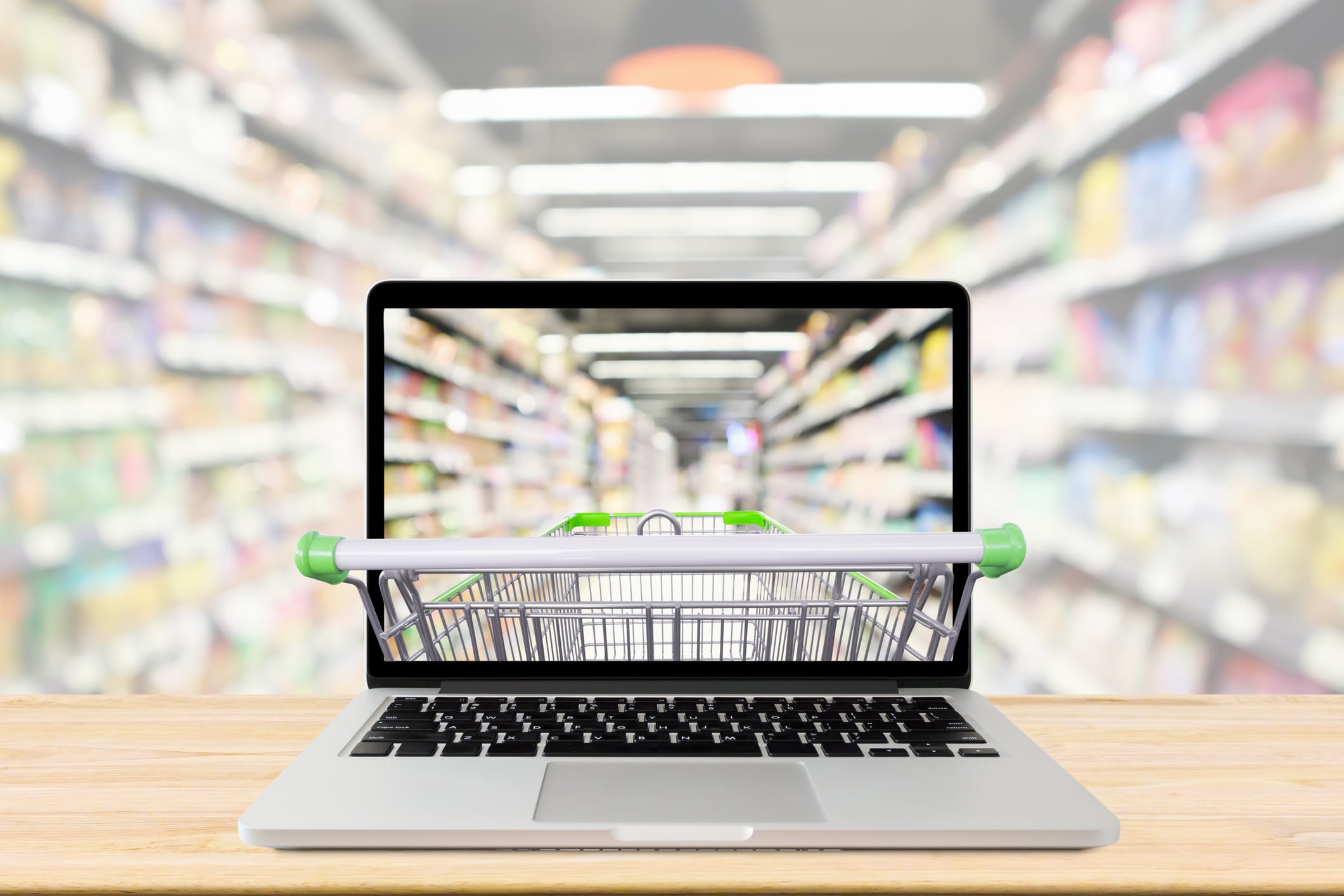
Zepto’s Mumbai hub exposed for major hygiene lapses, revealing weak food safety enforcement and cold chain gaps in India’s booming quick commerce sector

India’s food regulator says ‘100%’ claims can mislead, as scrutiny mounts worldwide over absolute language in food and sustainability marketing
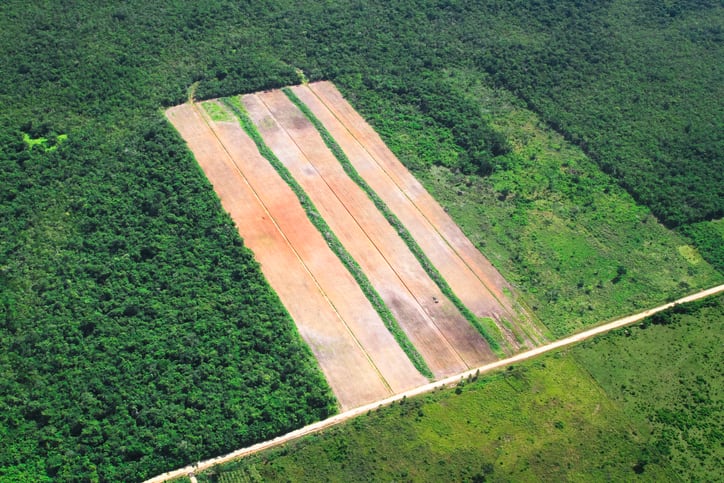
The debate is heating up over whether Europe’s deforestation law should be delayed, again

Japan Basic Plan, China plant-based colours and more feature in this edition of Policy Picks

Philippines halts rice price cuts and tariff hikes amid global unrest, fuelling uncertainty and rising costs for consumers and food manufacturers
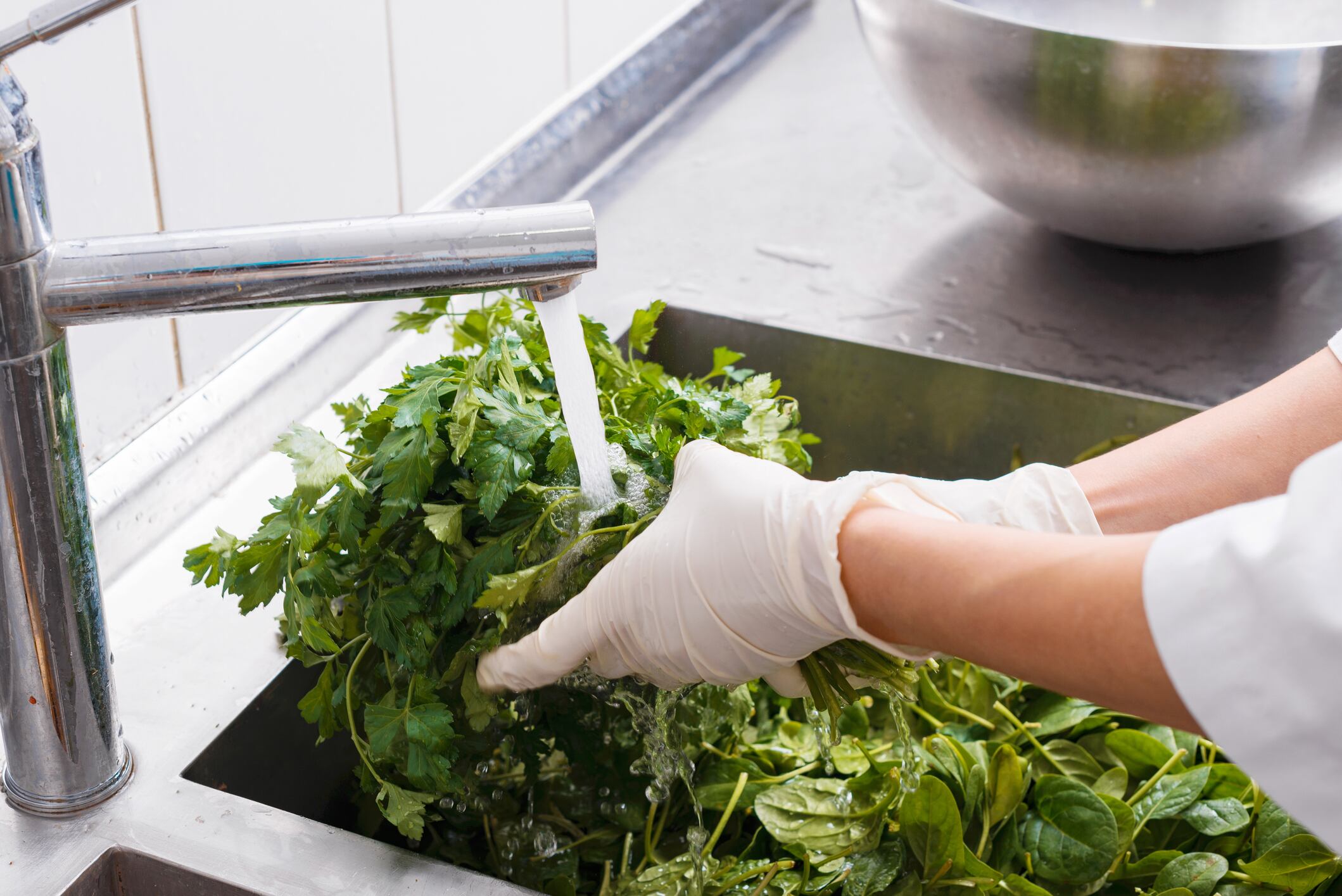
The anti-greenwashing legislation would have put significant administrative burden on food